USA Love List welcomes this guest post from Julie Reiser of Made in USA Certified.
Does a product that proudly touts a “Made in USA” label influence consumers' purchasing decisions? The answer is a resounding “yes”! According to a recent research study done by the Boston Consulting Group, more than 80% of U.S. consumers (and over 60% of Chinese consumers) say they are willing to pay more for products labeled “Made in USA” vs. those labeled “Made in China”.
There is no doubt that the “Made in USA” cache is strong and companies are anxious to capitalize on this uptick in consumer demand. Now more than ever, we are being flooded with a flurry of “Made in USA” images, logos, claims and statements.
Let us take a look back in time in the early 2000’s when the organic movement was gaining popularity with consumers and there was a growing worldwide demand for organic food. Organic Certification (a third party certification process for producers of organic food & other agricultural products) appeared on the marketplace to assure quality and prevent fraud as well as promote commerce. As more and more organic products were showing up in supermarkets claiming to be “organic” – consumers needed a third party regulatory certification to give consumers product assurance that they products they were buying were “truly organic”.
Flash forward to 2013 and the Made in USA Movement, consumers can walk down any retail isle of any store and find many different “Made in USA” claims, logos, and images. A great way to see the array of images is to go to Google Images and type “Made in USA” in the search bar and thousands of images will appear. Any company can download one of these images and use it for marketing and consumers need to be savvy enough to know that the “Made in USA” claim is a marketing claim that does not need to be pre-approved by any governing regulatory body.
The Federal Trade Commission (FTC) works for consumers to prevent fraudulent, deceptive, and unfair business practices and also provides helpful information to help spot, stop and avoid them. However, as they state themselves on their website, “The Commission does not pre-approve advertising or labeling claims. A company doesn’t need approval from the Commission before making a Made in USA claim. As with most other advertising claims, a manufacturers or marketer may make any claim as long as it is truthful and substantiated.”
Recently in the news, the FTC settled a “Made in USA” case with E.K. Ekcessories out of Utah. This is the first FTC “made in the USA” case since 2009.
The FTC asserted that the company falsely claimed certain of its products were “Made in the U.S.A.” or “Truly Made in the USA” even though the products contained substantially foreign content. In the press release found on the FTC website, the FTC alleged that E.K. Ekcessories, Inc. violated the Federal Trade Commission Act by making false and unsupported statements that its products were all or virtually all made in the United States.
According to the FTC, to say an item is “Made in USA”, all or virtually all of it has to be made in the U.S.A. In other words, all significant parts and processing must be of U.S. origin, and the product should contain no (or negligible) foreign content. That’s the standard explained on the FTC’s 1997 Enforcement Policy Statement on U.S. Origin Claims.
With product marketers, big business, foreign countries and even American politicians not always being completely forthright when making manufacturing claims, and no FTC pre-approval needed, how do consumers know what is truly made in America and how do companies avoid what the FTC’s Lesley Fair put as the “Yankee Doodle Don’t”?
Fair in her blog suggests, “First, it’s a good time to brush up on how to comply with Made in USA standards. The Business Center has a dedicated Made in USA page to make that easier for you. Second, given just how important many consumers take a Made in USA claim, companies that make that statement falsely or without a reasonable basis are risking law enforcement action.”
That is where a company like Made in USA Certified comes in.
Made in USA Certified is the only independent third party certification company in the Nation that conducts a full supply chain audit to verify the percentage of components/ units that are “Made in USA” and that the product was substantially transformed or manufactured in the United States of America.
Co-Founder, Julie Reiser stated. “Made in USA Certified is here to promote accountability, transparency and verification for companies and consumers within the marketplace with a standardized supply chain audit process and recognizable seals with clear percentages.”
To learn more about Made in USA Certification please visit our website: www.USA-C.com or call 1-561-279-2855 to speak to a representative.
Written By: Julie Reiser is co-founder of Made in USA Certified, the Nation’s leading third party Certification company for “Made in USA” claims.
Website: http://www.USA-C.com
Facebook: https://www.facebook.com/madeinusacertified
Twitter: @madeinusacert @usacertified @MrsMadeinUSA

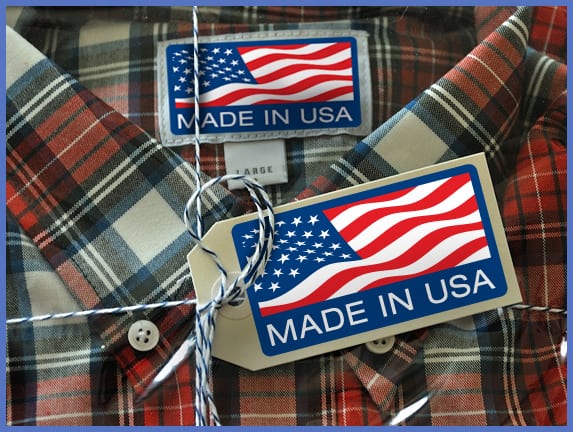
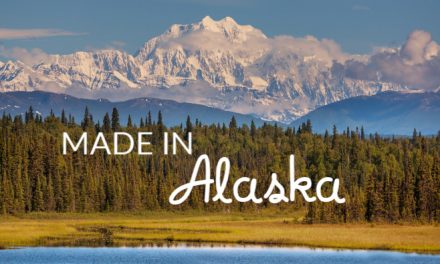
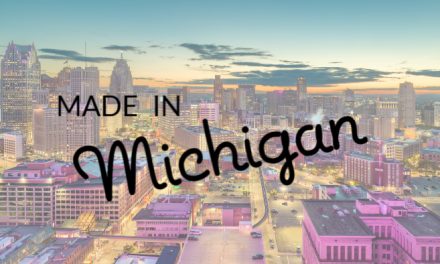
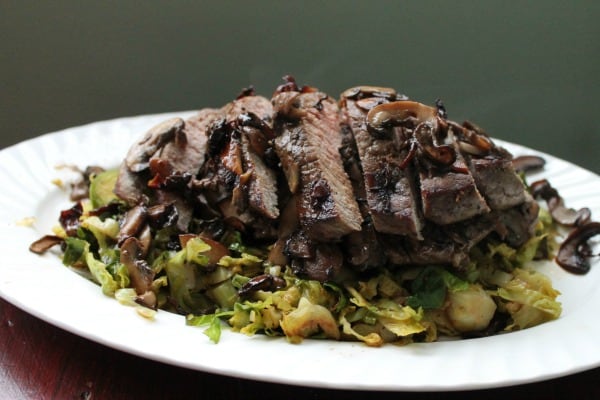
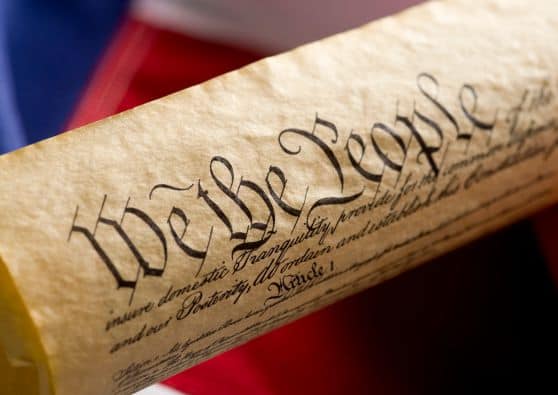
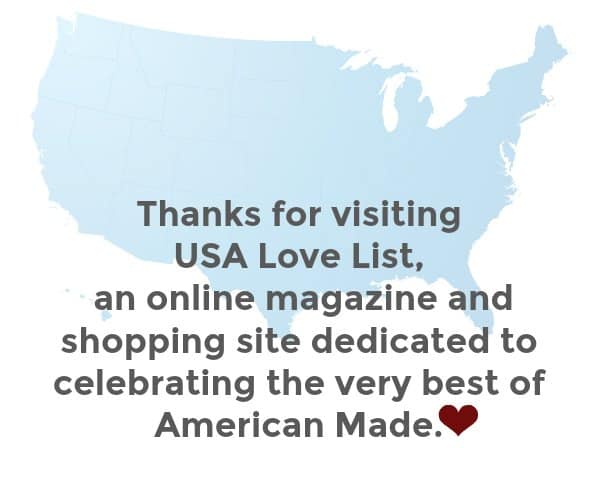
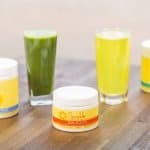

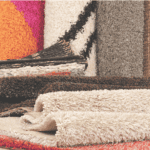

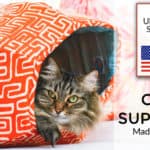
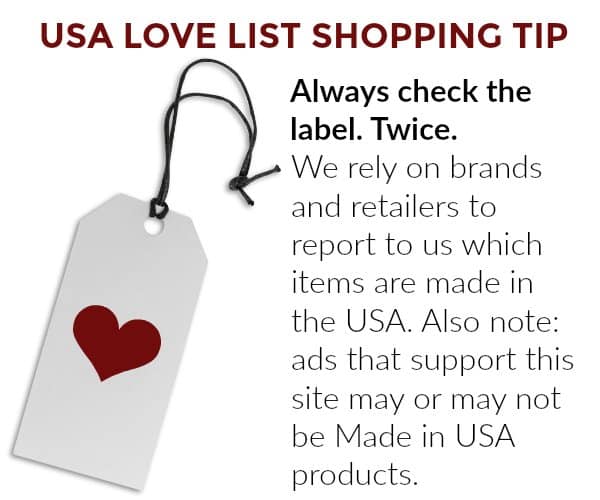
True. The verbiage on the FTC’s law is quite malleable. There are too many loopholes with “all or virtually all” to gain a true understanding of all the inputs, overheads, materials, taxes etc. that go into production of even one product. Cash flows have to be traced in order to give transparent account of the complex process.
A phone for instance has hundreds of parts and components made in different locations. Almost impossible to claim every one “Made in USA” and the term itself seems abused and overused. Consumers are concerned with where money is coming from and going to and ultimately that is who benefits from verifying the process.
If only people put honesty before greed.
How sad and greedy that companies would try to take adavntage of consumers’ good intentions…